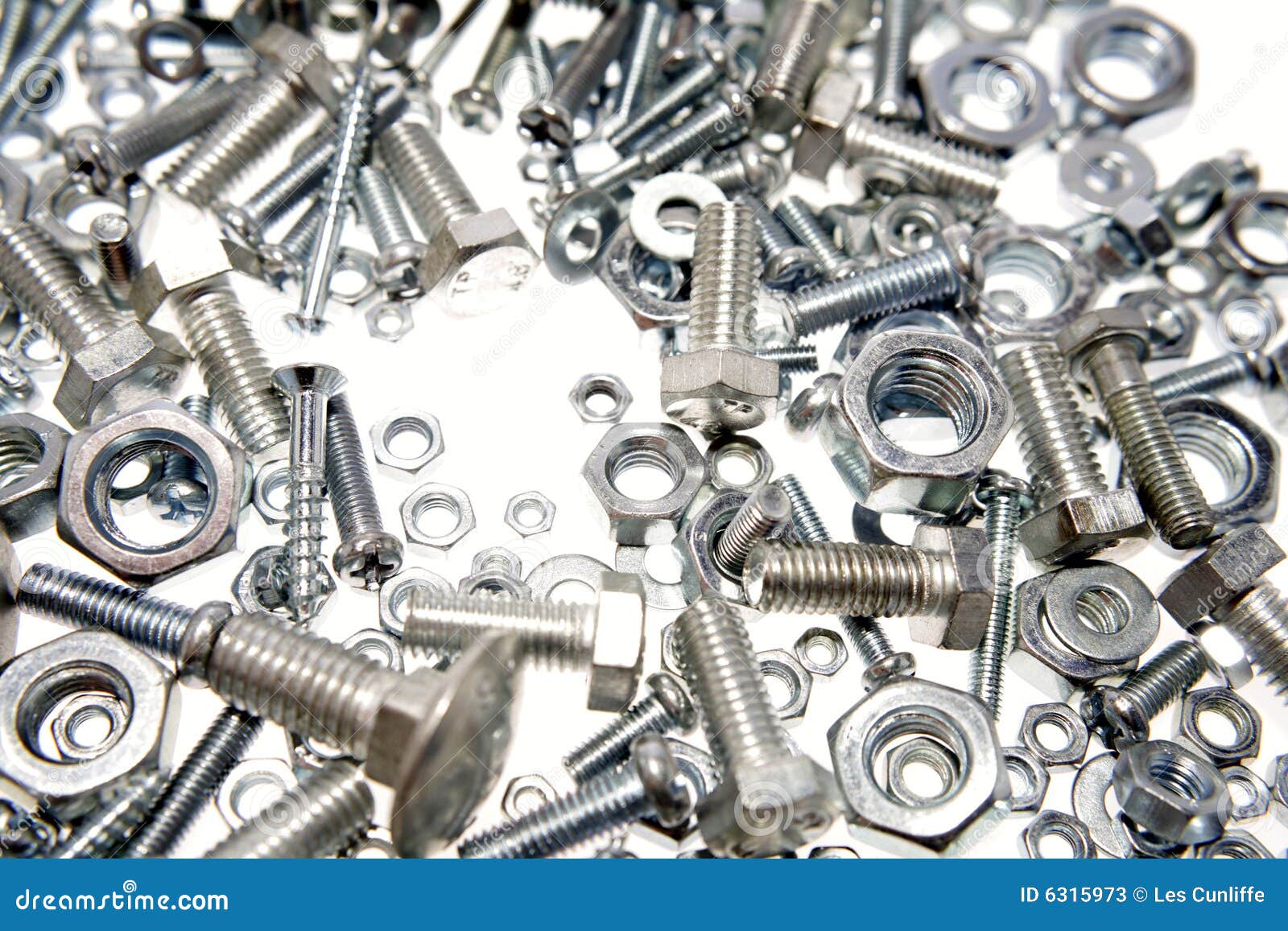In the realm of construction, fixing, and DIY endeavors, fasteners are far than merely simple components; they are the often overlooked heroes that hold everything in place. From soaring high-rises to your house furnishings, these tiny yet mighty components ensure that structures remain stable and functional. Grasping the different types of nuts and bolts, along with their applications, is crucial for anyone wanting to tackle a task, whether it’s a house remodel or automotive fix.
This comprehensive guide will take you on a deep dive into the intriguing world of nuts and bolts, investigating their various types, uses, and composition. We’ll break down the basics of fasteners, discuss the most common bolt types and their particular uses, and offer insights into selecting the appropriate fasteners for your project. Whether you are a seasoned professional or a DIY enthusiast, this article aims to equip you with the knowledge needed to navigate the numerous options available and select the best nuts and bolts for your needs.
Types of Fasteners and Bolts
When it comes to nuts and bolts, grasping the various types on the market is essential for any project. Nuts and bolts serve as fundamental fasteners in a variety of applications, ranging from common household tasks to complicated construction projects. Every type is crafted to meet specific needs, ensuring safe and dependable connections. Key types include hexagonal nuts and bolts, carriage bolts, lag bolts, and specialty fasteners. Choosing the right type is essential for gaining the desired strength and functionality.
Hex bolts are among the most popular types, characterized by their hexagonal heads that allow for easy installation with a wrench. They are typically used in combination with hex nuts to create a strong and stable joint. Carriage bolts, with their rounded heads and square necks, are commonly used in wood applications, offering a clean finish and secure hold. Lag bolts are designed for a different purpose, tailored to heavy-duty applications where increased strength is necessary, particularly in wood framing and construction.
Alongside these standard types, there are numerous specialty nuts and bolts tailored to specific tasks. For instance, flange nuts provide a larger bearing surface for improved stability, while lock nuts stop loosening due to vibration. Comprehending Wholesale Bolts and Nuts is vital for choosing the appropriate fastener that aligns with the requirements of the project, whether it is related to automotive repairs, home improvement, or heavy-duty construction.

Materials and Coatings
When it comes to nuts and hardware, the choice of substances is vital for ensuring longevity and efficiency. Common materials include iron, brass, and titanium, each offering unique benefits. Iron, particularly alloy steel, is favored for its durability and flexibility, making it suitable for a variety of applications. Bronze, on the other hand, is resistant to oxidation and also provides superior electrical conduction, which makes it perfect for wiring applications. Alloy metals, while more expensive, offers outstanding weight efficiencies and tolerance to extreme conditions, making it a preferred choice for space and premium manufacturing.
Coatings play a crucial role in improving the performance of nuts and bolts. Zinc coating is commonly used to provide a defensive layer that resists oxidation, while hot-dip galvanizing offers an more heavier-duty protective layer. These finishes are especially important in external or aquatic environments where exposure to moisture and extreme weather is frequent. Additionally, powder finishes can provide aesthetic appeal alongside robustness, making them suitable for decorative applications.
Understanding the differences in substances and finishes not only helps in selecting the right fasteners for your projects but also ensures their longevity and reliability. For outdoor use, choosing corrosion-resistant options is crucial to avoid repeated replacements. Those involved in intensive construction or vehicle maintenance should consider both the material strengths and the necessary coatings to achieve optimal performance in their particular uses.
Acquirer Guides and Contrasts
When choosing the right nuts and bolts for your assignment, comprehending the variations between metric and imperial fasteners is crucial. Metric fasteners are evaluated in millimeters and are commonly found in EU and Asian applications, while imperial fasteners are evaluated in inches and typically used in U.S. projects. Understanding the system required for your specific need can prevent time and ensure compatibility with current hardware.
Measuring nuts and bolts correctly is crucial to ensure you buy the appropriate size. Use calipers or a bolt gauge to identify the diameter and length of the fastener you want. In addition, consider the thread type, as coarse and fine threads serve different applications. A detailed understanding of these dimensions will help you locate the perfect fit for your construction needs.
Ultimately, when purchasing nuts and bolts, look for premium indicators such as material, plating, and grades. Higher-grade fasteners typically denote higher strength and durability, making them perfect for heavy-duty or key applications. Always refer to a bolt strength comparison chart to evaluate options, and don't hesitate to consult a nuts and bolts glossary to acquaint yourself with terms that will aid in your buying journey.
